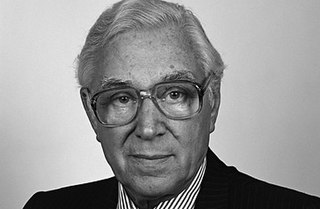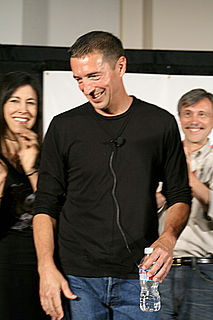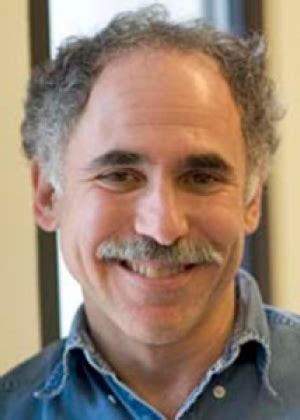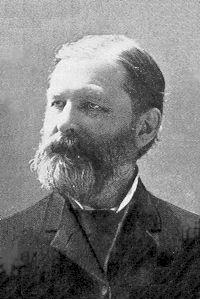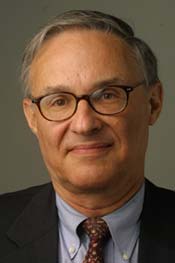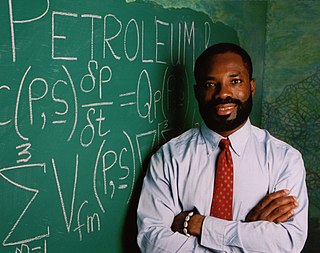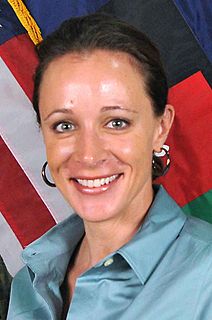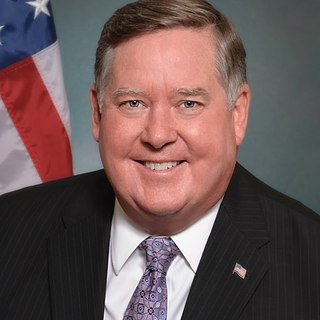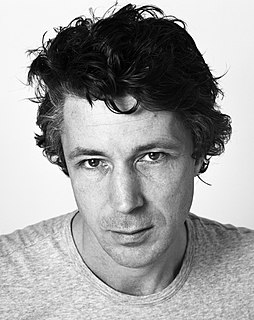A Quote by Robert Edwards
My first ideas of human in vitro fertilization (IVF) arose with my Ph.D. in Edinburgh University in the early 1950s. Supervised by Alan Beatty, my research was based on his work on altering chromosomal complements in mouse embryos.
Related Quotes
It [an ethical problem with in vitro fertilization] depends on whether you're talking ethics from the standpoint of some religious denomination or from just truly religious people. The Jewish or Catholic faiths, for example, have their own rules. But just religious people, who will make very devoted parents, have no problem with in vitro fertilization.
The term pre-embryo is useful in the political arena - where decisions are made about whether to allow early embryo (now called pre-embryo) experimentation - as well as in the confines of a doctor's office, where it can be used to allay moral concerns that might be expressed by IVF patients. 'Don't worry,' a doctor might say, 'it's only pre-embryos that we're manipulating or freezing. They won't turn into real human embryos until after we've put them back into your body.'
My first broadcast partner provided color commentary even though he was totally blind. Leroy McGuirk was a former NCAA Wrestling Champion at Oklahoma State University and long time kingpin of the NWA Junior Heavyweight Division before losing his sight in a car accident in Little Rock in the early 1950s.
Many good Christians are confused about complex social issues of our day, such as doctor-assisted death or medical research which uses stem cells from human embryos. They wonder, 'Why shouldn't science use discarded fetuses for research?' And if someone finds his medical condition intolerable and hopeless, 'why shouldn't he have the legal right to end his life?' Although the Bible does not address these issues in particular, it does provide guiding insights.
So-called reality TV, which dominates British channels, is destroying what made it cherishable to me and lots of others in the first place. I loved Alan Clarke, Ken Loach and Alan Bleasdale's work. In fact the first TV dramas I ever saw were 'Screen Twos' produced by David Thompson, who also produced a lot of Alan Clarke.



